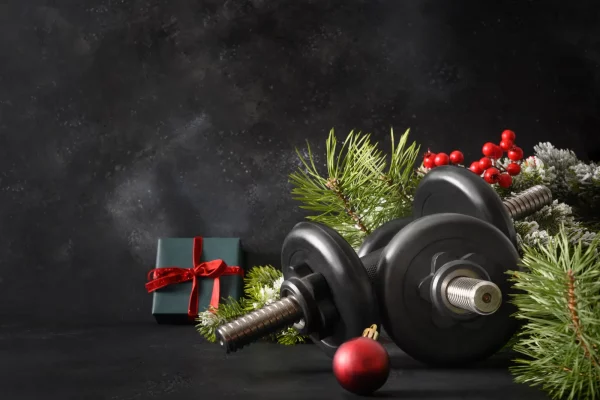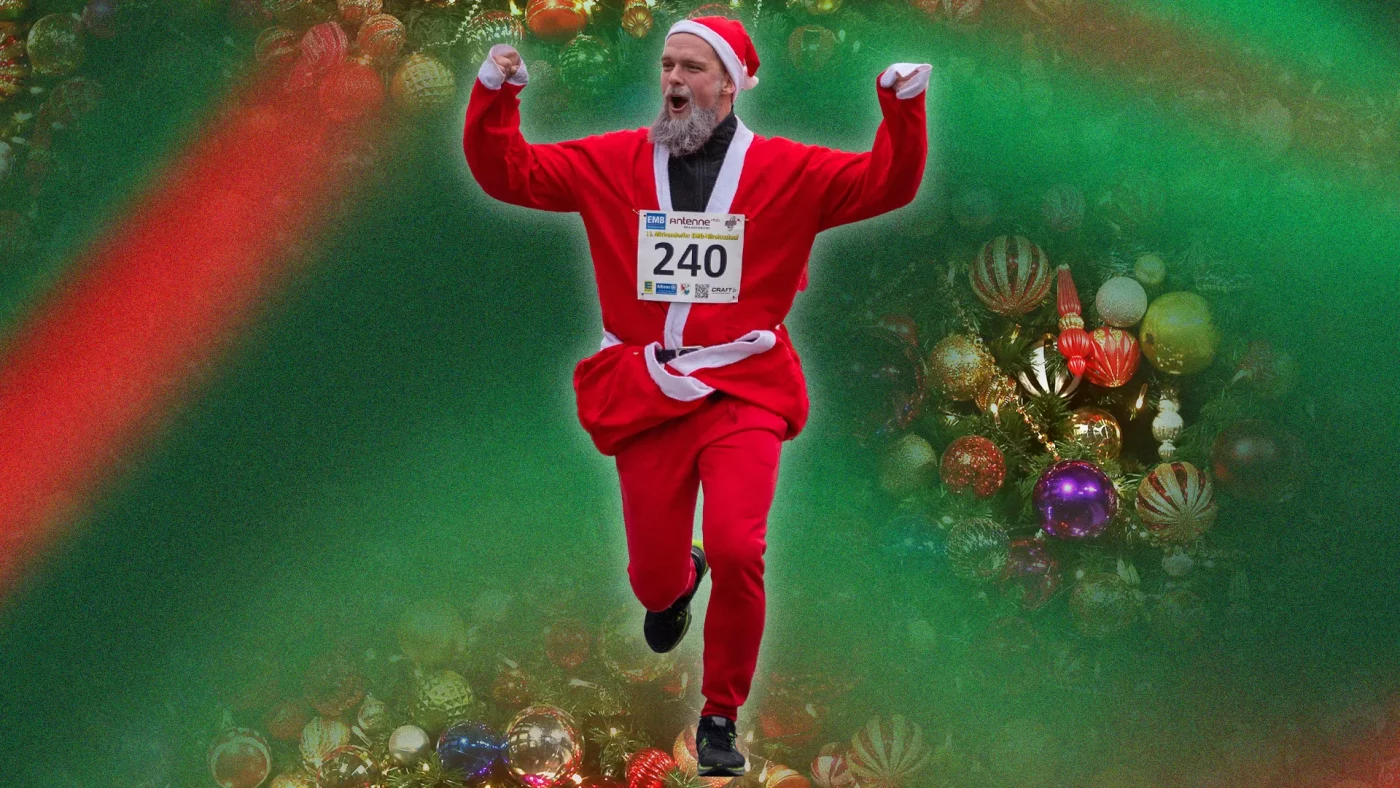Life Style
How to maintain fitness during the Christmas season – or at least make an attempt
“Can’t we just take a bit of time off?” you inquire. “Staying fit during Christmas is not the norm,” you mutter as a second bag of Doritos mysteriously opens itself nearby. Prioritizing sensibility can surely be postponed, right? That’s why January was conceived by the famously festive Romans over two thousand years ago [citation needed].
However, you’re likely familiar with what transpires in January for the majority of New Year’s resolutions: the ambitious commitment to become your fittest self doesn’t commence at the revelatory pace you envisioned, the combination of crash dieting and trendy exercise routines falls flat (as expected), and the entire process slips back into dormancy, eagerly awaiting the same cycle to repeat about eleven months later. I understand because I’ve experienced it firsthand.
“It’s easy to fall into an all-or-nothing mindset when it comes to exercise, which can leave you feeling a bit sluggish and unmotivated,” says Carrie Baxter, coach, and athlete at the fitness app WithU. “Maintaining regular movement over the Christmas period is proven to help boost your mental and physical health. This doesn’t mean you have to get to the gym if you don’t want to: it can be anything from going on a long walk, getting a light cardio session in, or doing an on-demand workout at home. You’ll feel energized for getting moving, and returning to well-deserved festivities (or the sofa) afterward will feel even more satisfying.”
Why not treat yourself to an early Christmas present and keep up with your fitness routine as the December nights draw in? We’ve consulted our favorite fitness experts for their top tips and tricks to ensure that, come the evening of the 24th, you’ll be navigating the shops for last-minute gifts with ease.

Use the weather to your advantage
Some may view the cold weather as an excuse to stay indoors and prepare for hibernation. However, the positive effects of colder temperatures on fitness are well-documented, and during winter, there’s no need to splurge on a high-end Bond-style cryo lab. The Stoltman brothers, renowned as the strongest brothers in history, are strong proponents of cold water therapy. Luke Stoltman, a five-time winner of Scotland’s Strongest Man, shared with GQ: “In terms of cold water, if you’re not training, you can still go for a swim in the sea or a river, or have a cold shower. You don’t have to be a World’s Strongest Man competitor to go into a loch in Scotland! The improvements from a mental health point of view are so dramatic. You go into that cold water, you come out, and you’re smiling – you’re just insanely, stupidly happy.”
If you’re aiming for more active exercise, keep in mind that your usual warm-up routine might not be sufficient. David Wiener, Training Specialist at Freeletics, emphasizes, “Warming up is always important, but over the winter months, it’s crucial. The colder weather can affect your body and fitness performance, meaning your joints may be stiffer and less flexible. [Warming up] helps reduce the risk of injury as well as improve the blood flow to your muscles, making them less likely to rip, tear, or twist during your workout.”
For those not inclined towards intense exercise, research has demonstrated that even a short walk outside can have significant benefits for your well-being. Just be sure to bundle up warmly.
Or focus on indoor fitness
Okay, so trekking out into a blizzard for a quick 5k might be a bit much. However, that doesn’t mean you should opt for slippers and give up on staying active. Home workouts can be just as effective as going to the gym, and you get the bonus of a Hallmark Christmas films marathon right in front of you.
“You can get a really good workout at home just using your own body weight,” says Penny Weston, founder of MADE wellness center and online wellness platform. “Add some water bottles to use as weights. You can also use towels as resistance bands and chairs, as long as you have secured them properly, for exercises like tricep dips. Stairs are also great for running up and down (carefully) and strengthening your calf muscles with toe lifts.”
For more detailed tips on maximizing your at-home fitness, check out our comprehensive guide to the best home workouts.

